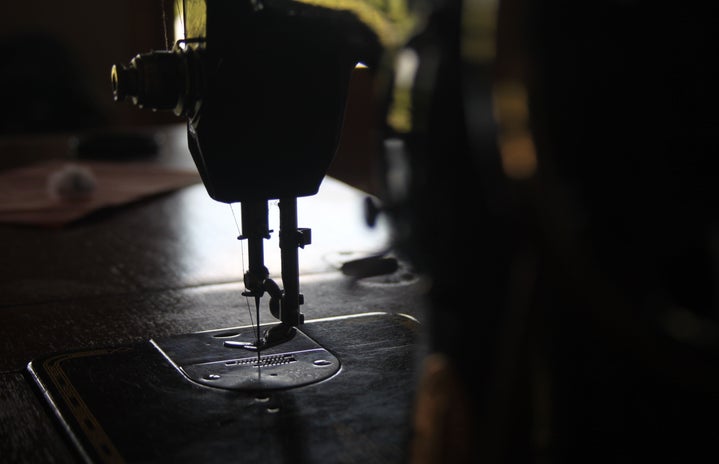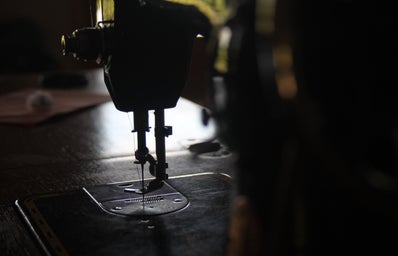Fashion Nova has secured its place in the world of fast fashion. The company name has been featured in songs (sometimes negatively) and has been the topic of many social media memes. The online retailer sells affordable clothes that celebrate curves and fashion trends. In fact, Fashion Nova has gained a reputation of knocking off celebrity outfits within the same day (sometimes within the hour) they are posted. The brand’s accessibility comes mainly from its affordable cost and celebrity collaborations with stars like Cardi B.
How does Fashion Nova do it? The answer, unfortunately, is not exactly shocking. A rather scathing article by Natalie Kitroeff that was published in December of last year details allegations against Fashion Nova by the U.S. Department of Labor for working with factories in Los Angeles that have owed their workers $3.8 million in back wages since 2016. Fashion Nova denies that any of their contracted employees are underpaid, but the numbers tell a different story — the Fashion Nova label was found in 50 investigations into factories that pay their workers as little as $2.77 per hour. In response to this, Fashion Nova’s general counsel, Erica Meierhans, stated that the company “is not responsible for how these vendors handle their payrolls.”
This then begs the question: to what extent do brands like Fashion Nova have a responsibility to engage in ethical business practices? Do celebrities and influencers have an obligation to speak out against the unethical companies they promote? Do we as consumers have a duty to align our endorsements with our morals by boycotting brands that are unethical?
Large corporations profiting off underpaid factory workers isn’t a new concept (e.g. Nike, Kathie Lee Gifford, Mattel/Fisher-Price and H&M). Outsourcing jobs to international locations has become a growing problem for America’s economy and recent politicians have run successfully on platforms that promise to bring those jobs back to the United States. Fashion Nova is no exception; the company makes less than half of its clothes in Los Angeles. The rest are made overseas. It keeps some production facilities here in the U.S. in order to mass-produce clothes that can be shipped quickly to eager customers. The Los Angeles Garment District is also notorious for housing production facilities that keep costs low by underpaying workers in an effort to compete with outsourced labor.
The vendors that Fashion Nova contracts with are able to pay their workers so little because most of the workers are undocumented immigrants. This lowers the likelihood that workers will report the abuses for fear of deportation or lost wages. The vendors also move around and change ownership frequently in order to evade detection. This combination keeps the vendors in a position of power and the workers at an extreme disadvantage.
The only way to get Fashion Nova (and perhaps the fast fashion industry as a whole) to change is by forcing them to take responsibility. Insisting that they are not at fault because they do not pay their workers directly is a cop-out. Fashion Nova profits off the abuse of struggling workers, plain and simple. Those profits come from consumers — you and I — who were unaware of the ramifications of the company’s production process and just want inexpensive fashion as quickly as possible. But, now that we know, we won’t be fooled again.



